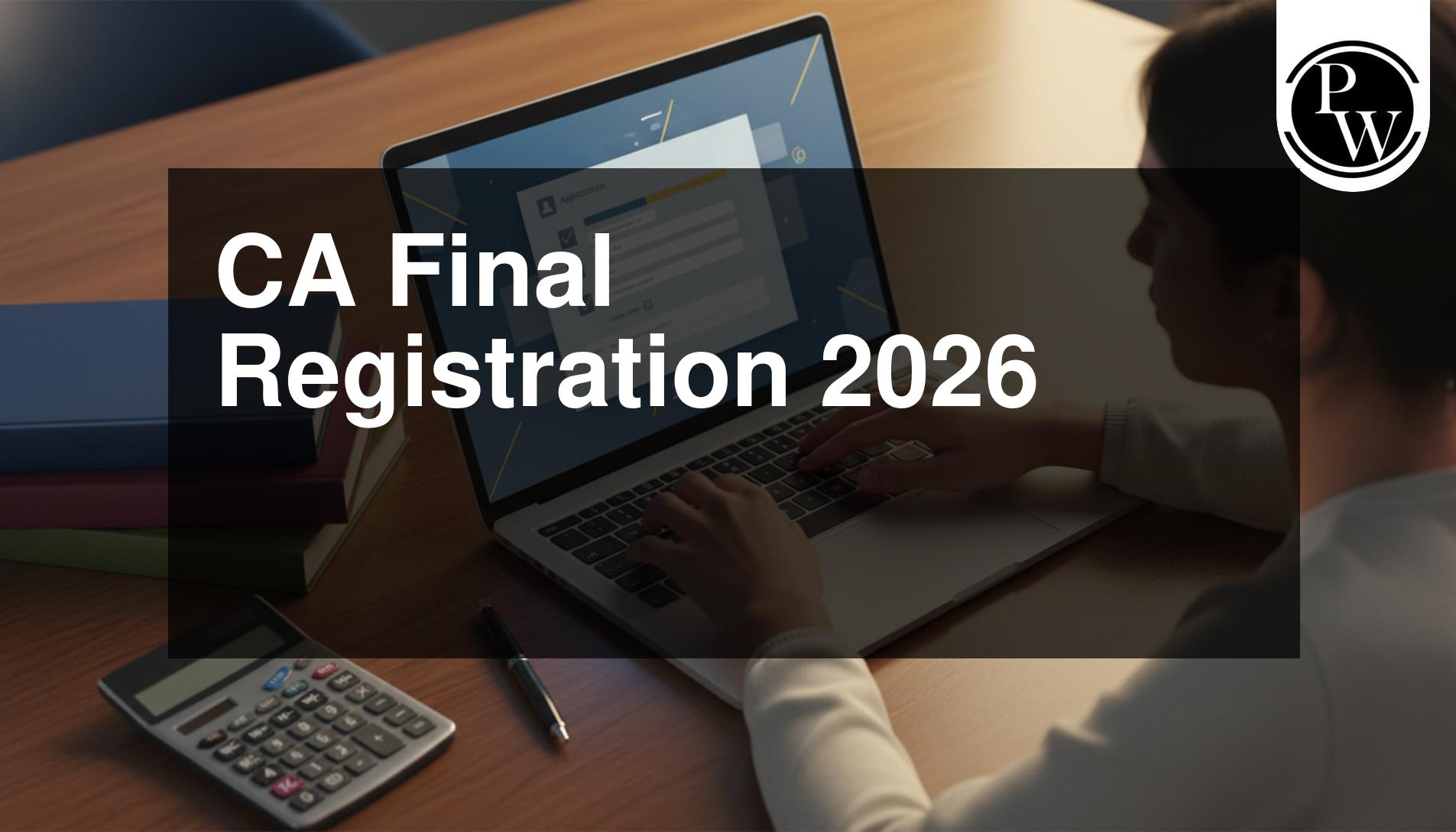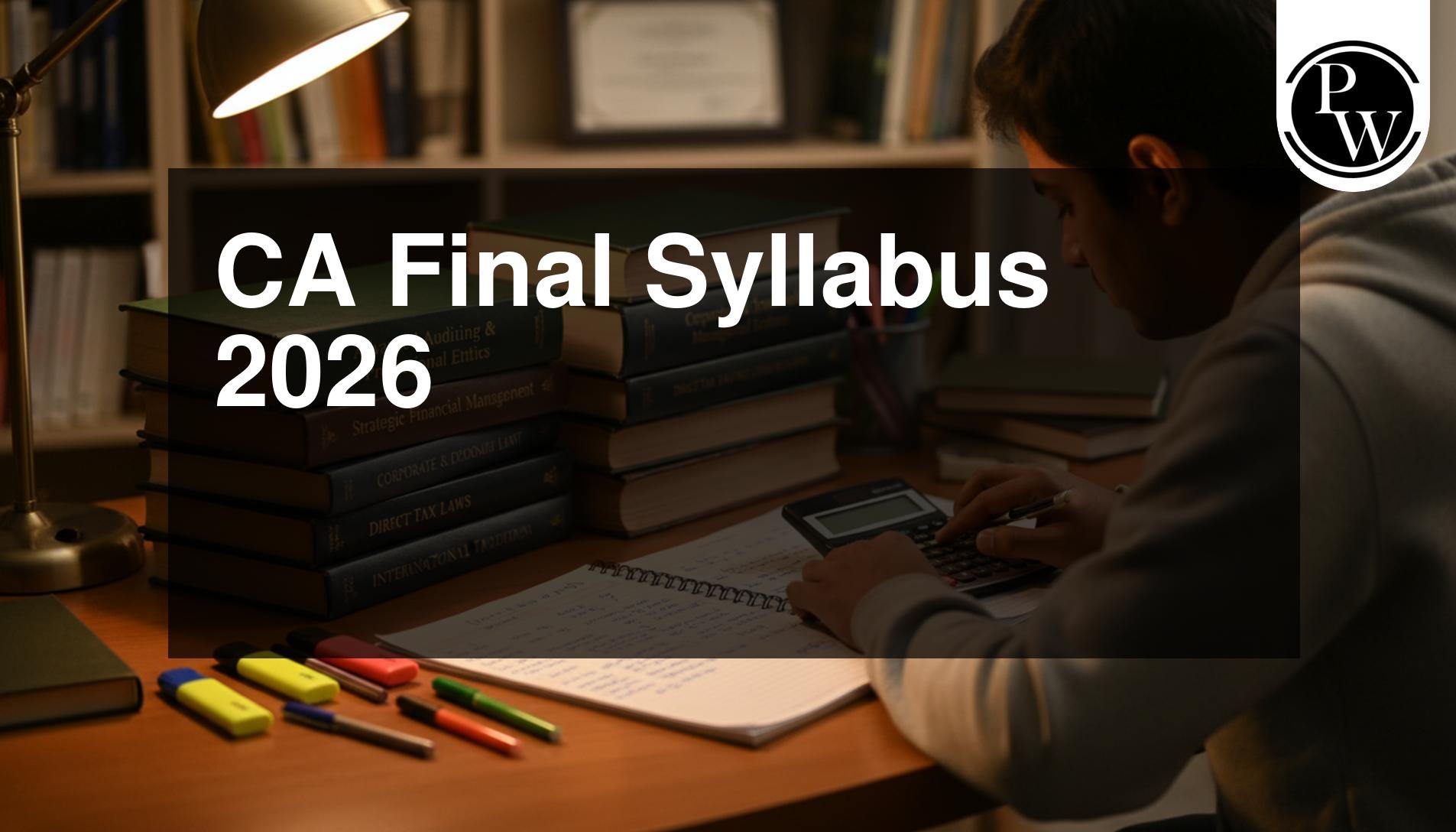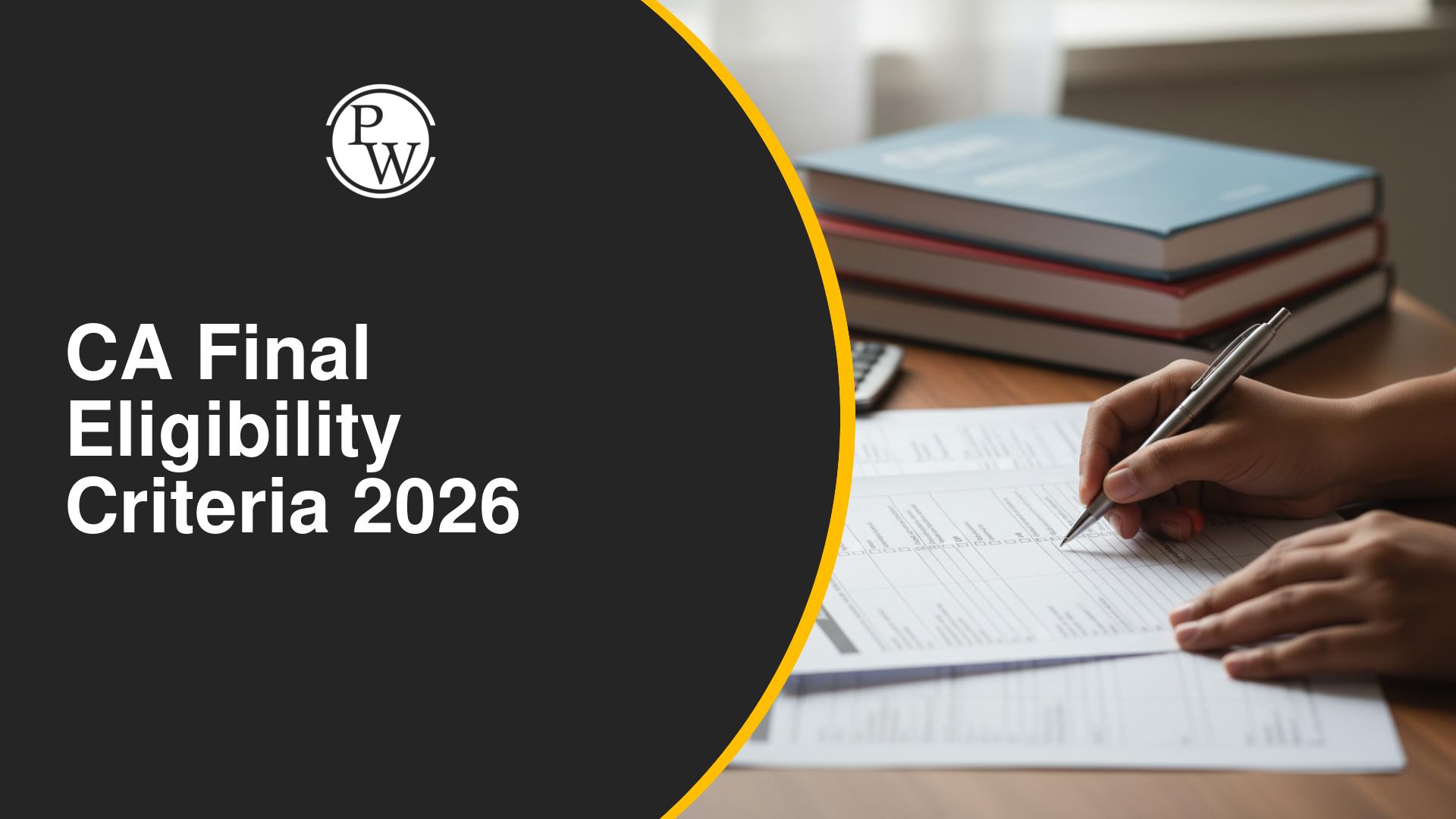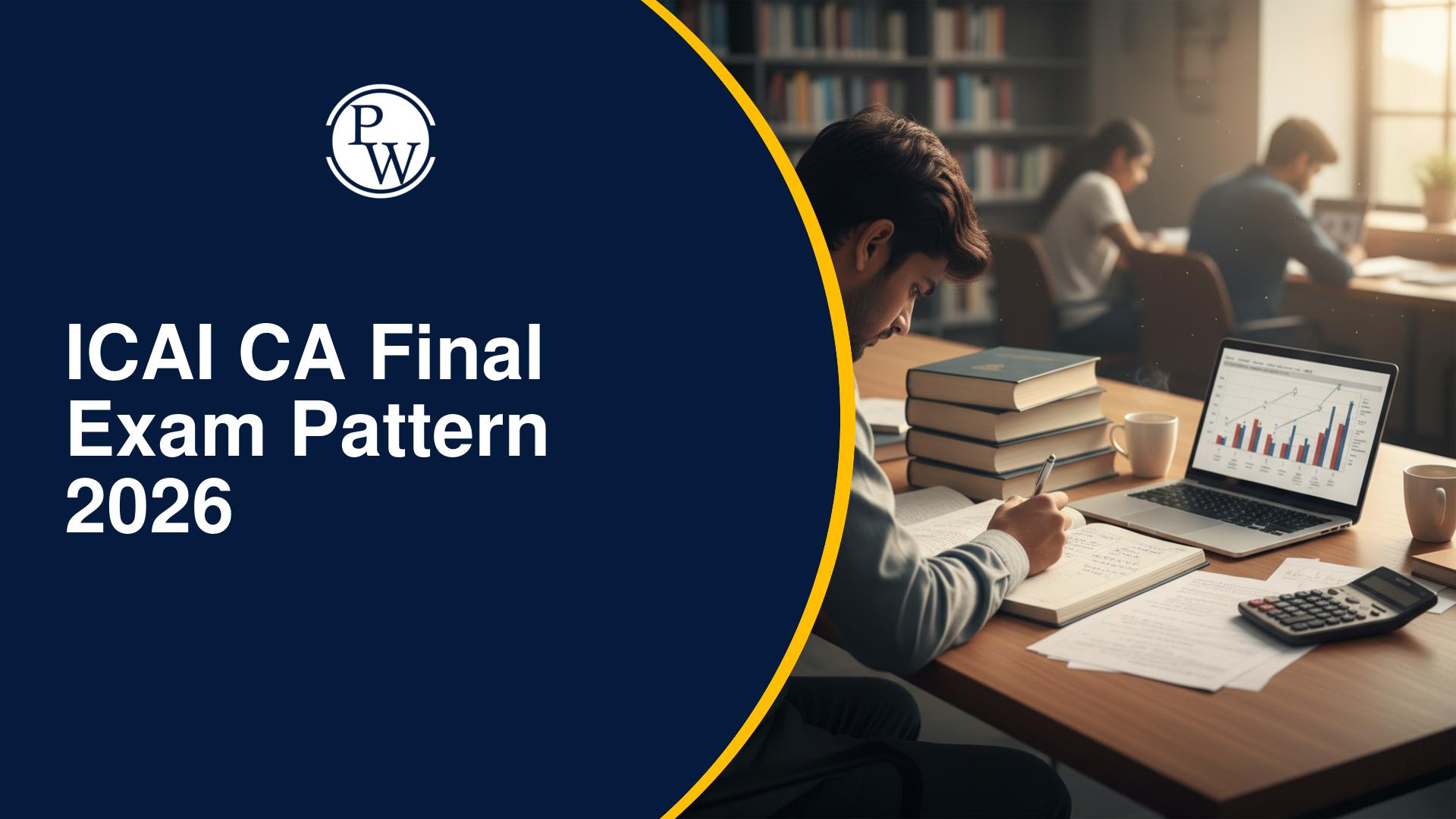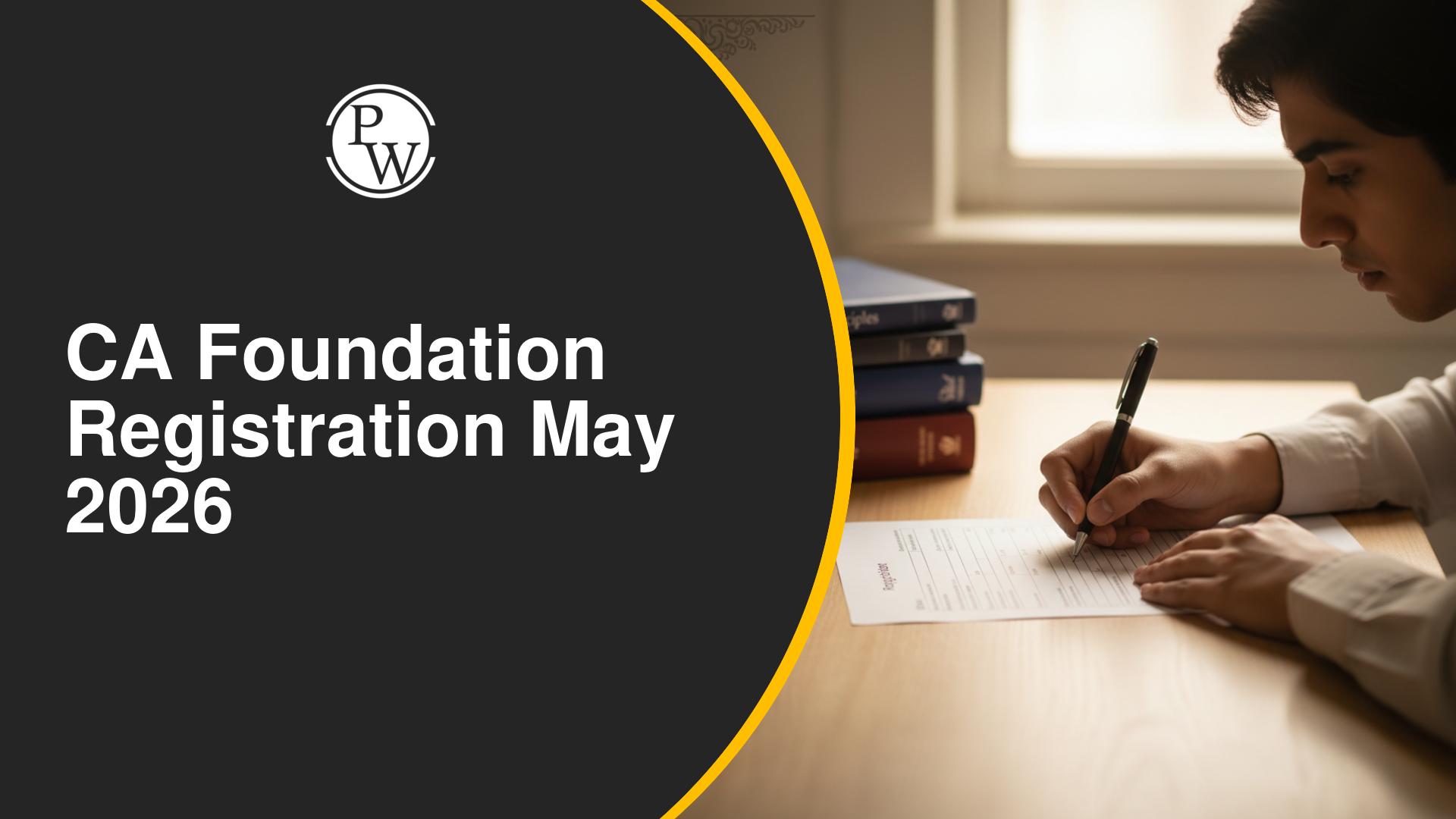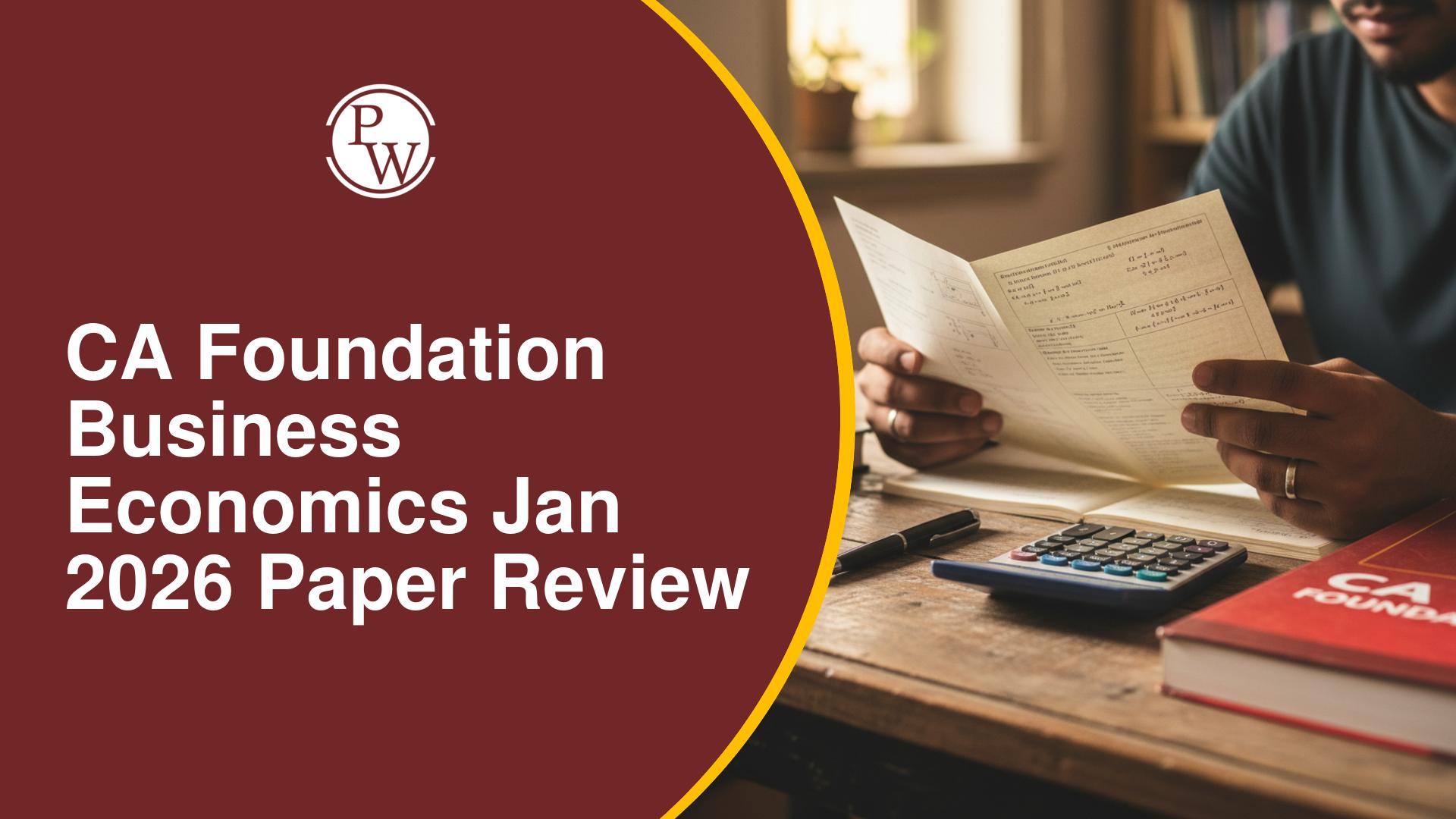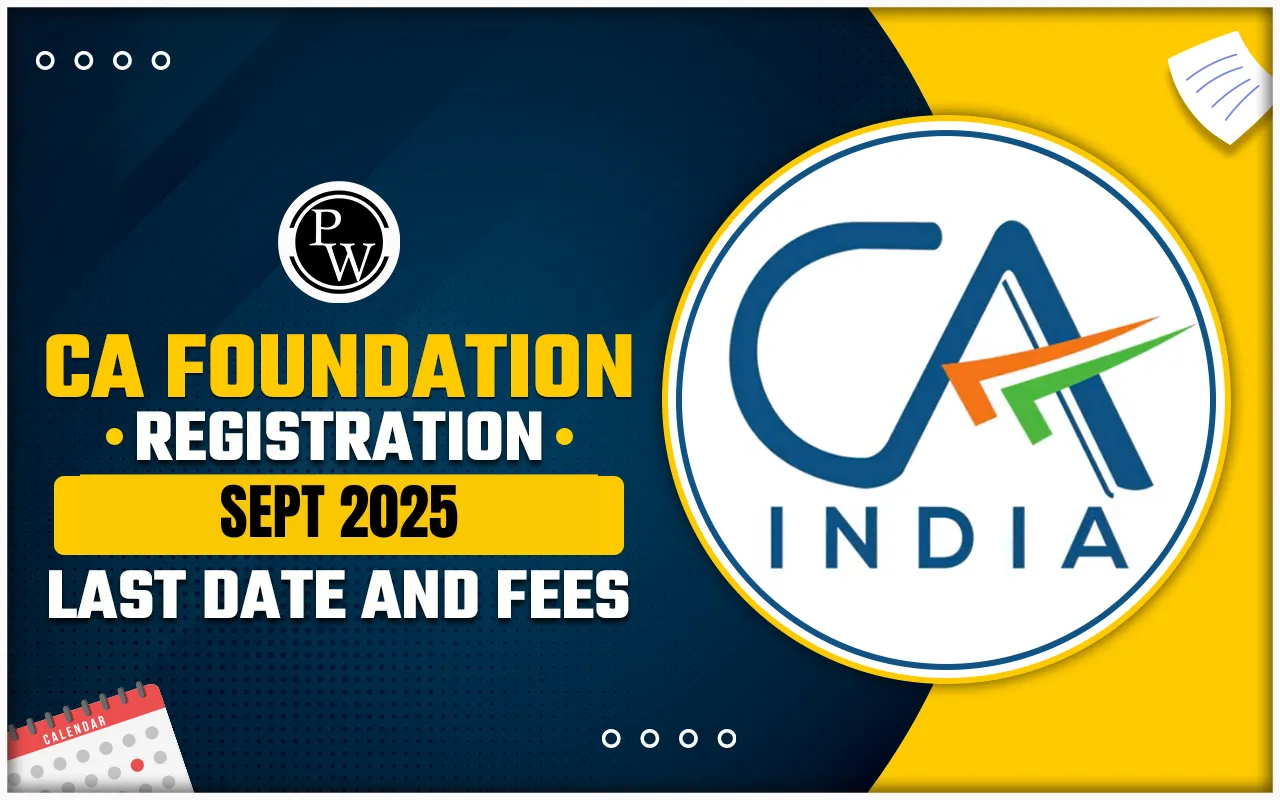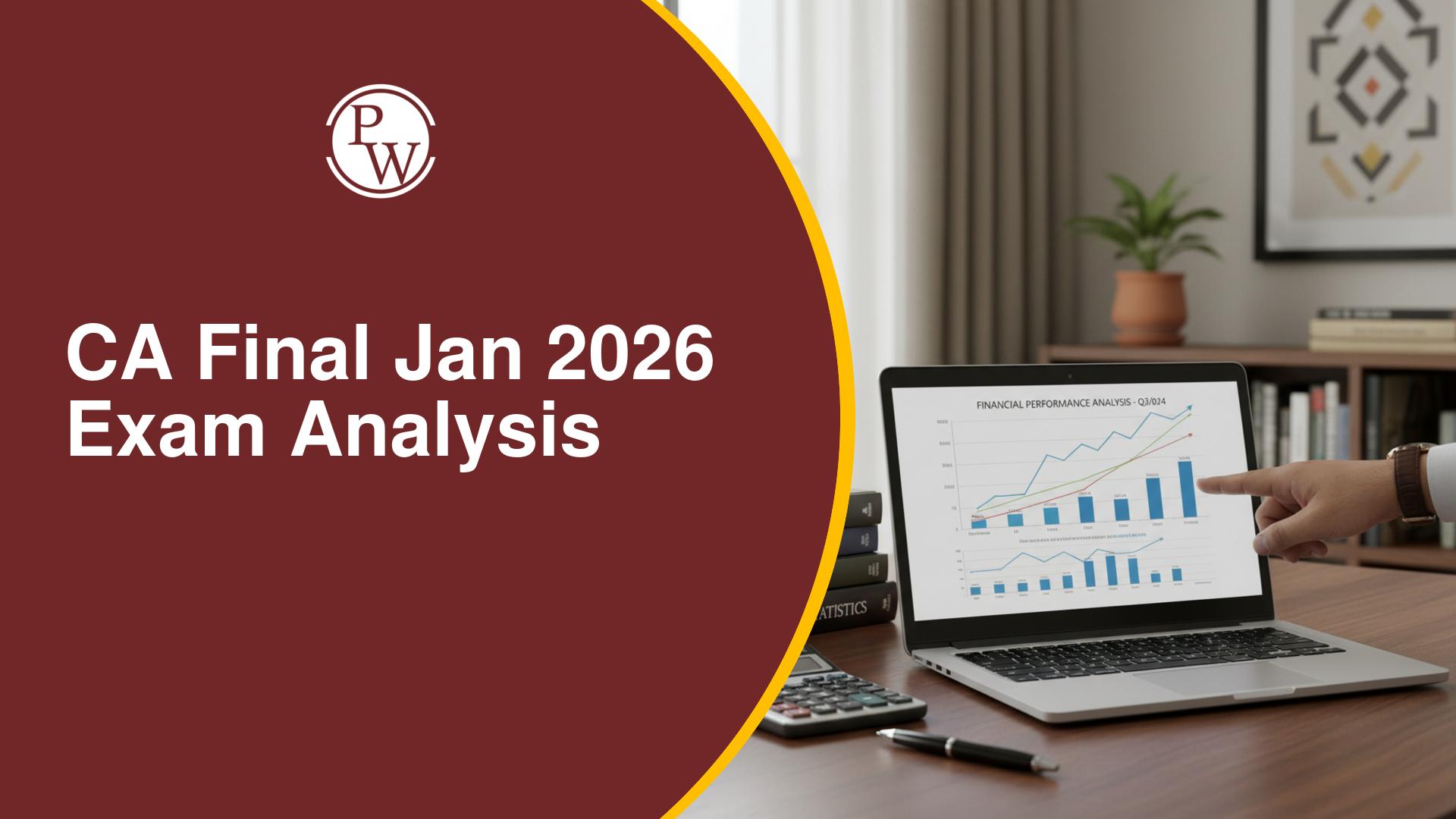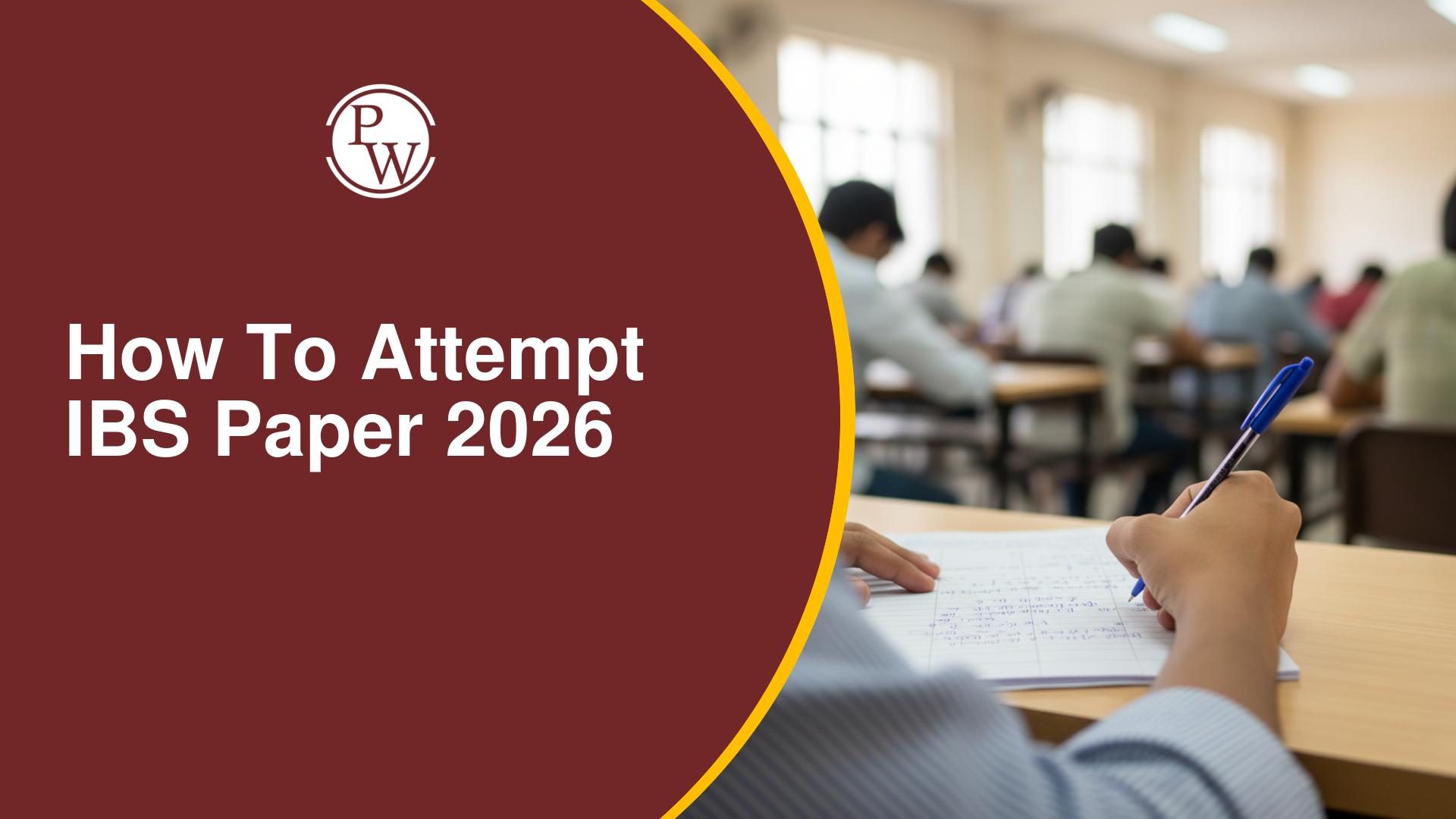
The Chartered Accountants Act, of 1949, is a crucial legislation in India that governs the profession of chartered accountancy. This Act was enacted to regulate the profession and ensure that it is practised with the highest standards of integrity and competence. The Act led to the establishment of the Institute of Chartered Accountants of India (ICAI), a statutory body responsible for the regulation and development of the accounting profession in India.
This guide will provide an in-depth look at the provisions of the Chartered Accountants Act, 1949, and discuss the recent amendments brought by the Chartered Accountants, the Cost and Works Accountants, and the Company Secretaries (Amendment) Bill, 2021.Chartered Accountants Act, 1949
The Chartered Accountants Act, of 1949, was enacted on 1st July 1949, just two years after India gained independence. This was a significant step towards formalizing the profession of accounting in India. Before this Act, there were no standardized regulations or qualifications required for practising accountants, which often led to inconsistencies and a lack of professionalism in the field. The primary objectives of the Act are:- To establish a regulatory body for the accounting profession.
- To set standards for the practice of accounting.
- To create a system for the registration and certification of qualified accountants.
- To lay down guidelines for the conduct and discipline of accountants.
Provisions of the Chartered Accountants Act, 1949
The following are the provisions of the Chartered Accountants Act, of 1949:1. Constitution of the ICAI
The Act provides for the constitution of the Council of the Institute of Chartered Accountants of India (ICAI). The ICAI is a statutory body responsible for regulating the profession of chartered accountancy in India. The Council of the ICAI is composed of elected and nominated members who govern the functioning of the institute.2. Register of Members
The Act mandates the maintenance of a Register of Members by the Council. This register includes the names and other prescribed details of all members of the institute. Only those whose names are included in this register are entitled to practice as chartered accountants in India.3. Certificate of Practice
To practice as a chartered accountant, a member must obtain a Certificate of Practice from the ICAI. Practicing without this certificate is prohibited and punishable under the Act.4. Misconduct and Disciplinary Actions
The Act specifies what constitutes professional misconduct for chartered accountants. It provides for the establishment of a Disciplinary Directorate, headed by a Director (Discipline), to investigate complaints and information regarding misconduct. The Directorate is empowered to take necessary actions against members found guilty of misconduct.5. Penalties
The Act outlines penalties for various offences. For instance, a person representing themselves as a chartered accountant without having a Certificate of Practice is liable to fines and, in some cases, imprisonment. The Act ensures that only qualified and certified individuals practice as chartered accountants.6. Quality Review Board The Act provides for the constitution of a Quality Review Board by the Central Government. This board consists of a Chairperson and ten other members and is tasked with ensuring the quality of services provided by practising chartered accountants.
Chartered Accountants, Cost and Works Accountants, and Company Secretaries (Amendment) Bill, 2021
Here are the details about Chartered Accountants, Cost and Works Accountants, and Company Secretaries (Amendment) Bill, 2021:Context and Need for Amendment
The Chartered Accountants, the Cost and Works Accountants, and the Company Secretaries (Amendment) Bill, 2021, was introduced to amend the existing Chartered Accountants Act, 1949, the Cost and Works Accountants Act, 1959, and the Company Secretaries Act, 1980. The primary aim of this bill is to strengthen the regulatory mechanisms and ensure speedy disposal of disciplinary cases across the three professional institutes.Key Features of the Amendment Bill
Mechanism for Dealing with Misconduct
The amendment seeks to enhance the existing mechanism for dealing with cases of misconduct in the three professional institutes:- Institute of Chartered Accountants of India (ICAI)
- Institute of Cost Accountants of India (ICoAI)
- Institute of Company Secretaries of India (ICSI)
Audit of Accounts
The bill mandates that the accounts of the institutes be audited by a firm of chartered accountants appointed annually by the Council from a panel of auditors maintained by the Comptroller and Auditor General of India. This ensures transparency and accountability in the financial dealings of the institutes.Coordination Committee
The bill proposes the creation of a Coordination Committee headed by the Secretary of the Ministry of Corporate Affairs. This committee will have representation from the three institutes and will facilitate coordination and cooperation among them.Role of the Secretary to the Council
The Secretary to each Council will be designated as the Chief Executive, with the President as the head of the Council. The President will be responsible for implementing the decisions of the Council.Increased Fines
The amendment increases certain fines under the three Acts. It also allows for disciplinary action against firms if a partner or owner is repeatedly found guilty of misconduct within the last five years.Issues with the Amendment Bill
While the amendment bill aims to improve the regulatory framework, it has faced some criticism:- Conflict of Interest: The proposed changes to the composition of the disciplinary entities may lead to a conflict of interest between the disciplinary and administrative functions of the Councils.
- Overlapping Functions: The functions of the proposed Coordination Committee may overlap with those of the three institutes, potentially leading to administrative challenges.
- Independence of Institutes: The bill proposes that the Coordination Committee be chaired by the Secretary of the Ministry of Corporate Affairs, which could impinge on the independence of the institutes.
- Disclosure of Pending Complaints: The bill requires disclosure of pending complaints or actionable information against members and firms. This could tarnish their professional reputation even before any guilt is established.
Implications for CA Aspirants
For students preparing for the CA exams, understanding the provisions of the Chartered Accountants Act, 1949, and the recent amendments is crucial. These laws form the backbone of the regulatory environment within which they will operate once they become qualified professionals. Key areas to focus on include:- Structure and Functions of the ICAI: Knowing how the ICAI is structured and functions will help aspirants understand the professional environment and the governance of the accounting profession in India.
- Professional Conduct and Disciplinary Mechanisms: Awareness of what constitutes professional misconduct and the disciplinary procedures ensures that future chartered accountants adhere to ethical practices.
- Recent Amendments: Keeping up-to-date with the latest amendments, such as those proposed in the 2021 Bill, helps aspirants stay informed about changes that could affect their profession.
| Also Check: |
| ICAI Membership Fees |
| ICAI CDS Portal |
| ICAI Campus Placement |
| ICAI Launches Self-Paced Module Test Portal |
Chartered Accountants Act, 1949 FAQs
What is the Chartered Accountants Act, 1949?
What are the key provisions of the Chartered Accountants Act, 1949?
What is the purpose of the Chartered Accountants, Cost and Works Accountants, and Company Secretaries (Amendment) Bill, 2021?
What are the criticisms of the Amendment Bill, 2021?
Why is understanding the Chartered Accountants Act important for CA aspirants?


